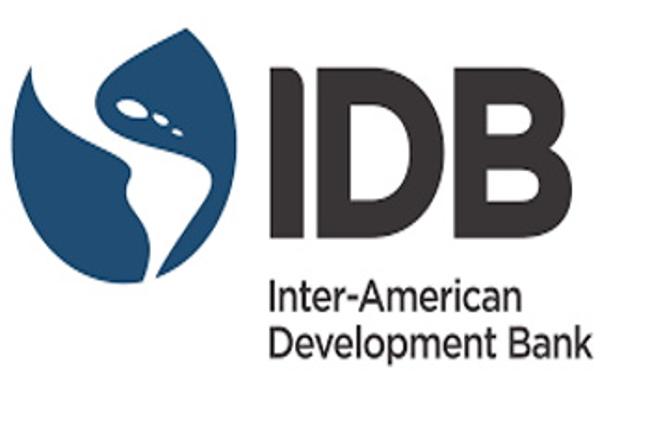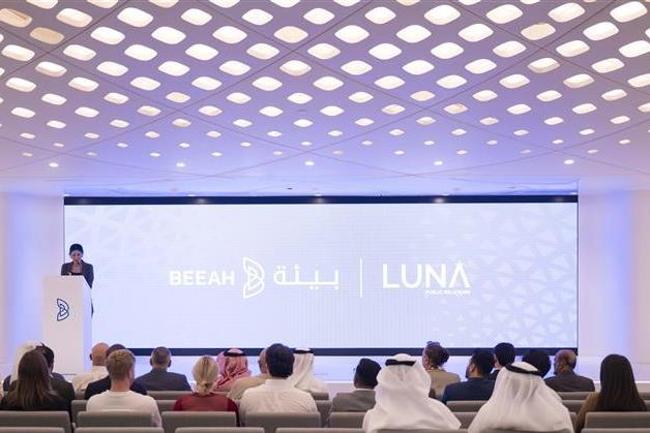Summary
Microsoft has committed to purchasing over 7 million tons of carbon credits from Chestnut Carbon, detailing a 25-year partnership aimed at supporting reforestation efforts across 60,000 acres in Arkansas,
Source: MSN

AI News Q&A (Free Content)
Q1: What is the significance of Microsoft's carbon credit agreement with Chestnut Carbon?
A1: Microsoft's agreement to purchase over 7 million tons of carbon credits from Chestnut Carbon is significant as it represents a substantial long-term commitment to support reforestation efforts. This partnership, spanning 25 years, is focused on restoring 60,000 acres in Arkansas. The initiative aligns with Microsoft's broader sustainability goals to reduce its carbon footprint by offsetting its greenhouse gas emissions through nature-based solutions.
Q2: How does carbon offsetting work in relation to carbon credits, and what are the criticisms associated with it?
A2: Carbon offsetting allows entities to compensate for their greenhouse gas emissions by investing in projects that reduce or remove emissions elsewhere, thus earning carbon credits. Each credit represents one metric ton of CO2 avoided or removed. Criticisms include claims of greenwashing, where projects overstate their ability to sequester carbon, and concerns about the actual effectiveness of the claimed reductions. Credible projects must ensure reductions are real, additional, and verified by third parties.
Q3: What are the potential environmental impacts of Microsoft's reforestation project with Chestnut Carbon?
A3: The reforestation project under the agreement aims to restore 60,000 acres in Arkansas, which can enhance biodiversity, improve soil quality, and contribute to carbon sequestration by absorbing CO2. These efforts are part of a globally recognized method to mitigate climate change by using natural processes. However, the success of such initiatives depends on sustained management and monitoring to ensure long-term ecological benefits.
Q4: How does Microsoft's environmental initiative fit into its broader corporate strategy?
A4: Microsoft's environmental initiative, including the carbon credit purchase, aligns with its corporate strategy to achieve net-zero emissions by 2030. The company has been actively investing in sustainable practices, including renewable energy and carbon removal projects, to offset its operational emissions. This strategy not only supports environmental goals but also enhances Microsoft's brand as a leader in corporate responsibility and sustainability.
Q5: What recent scholarly research discusses the effectiveness of reforestation in carbon offsetting?
A5: Recent studies highlight the importance of reforestation in carbon offsetting, emphasizing the need for careful selection of tree species and management practices to maximize carbon sequestration. Effective reforestation can significantly contribute to greenhouse gas reductions when projects are well-managed and integrated with local ecosystems, though challenges such as land competition and biodiversity must be considered.
Q6: What are the economic implications of Microsoft's long-term partnership with Chestnut Carbon?
A6: The economic implications include potential cost savings from reduced carbon tax liabilities and enhanced corporate reputation, which may lead to increased consumer trust and business opportunities. For Chestnut Carbon, the partnership provides a stable revenue stream and the ability to scale its carbon removal projects, supporting local economies through job creation in reforestation activities.
Q7: What are the main goals of the Paris Agreement related to carbon credits and offsets?
A7: The Paris Agreement aims to limit global warming to below 2 degrees Celsius by facilitating international cooperation through carbon markets. Article 6 of the agreement promotes carbon credits as a mechanism for countries to meet their Nationally Determined Contributions (NDCs). It encourages trading and collaboration to ensure that greenhouse gas reductions are achieved globally, supporting the transition to a low-carbon economy.
References:
- Carbon offsets and credits
- Microsoft
- Microsoft Secures Long-Term Carbon Credit Agreement with Chestnut Carbon
- Microsoft to acquire 7M carbon credits from afforestation firm Chestnut Carbon
- Chestnut Carbon to deliver high-quality carbon removal credits through a multi-year offtake agreement with Microsoft





